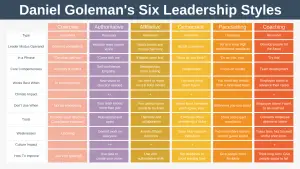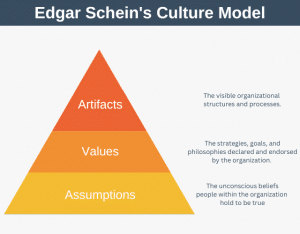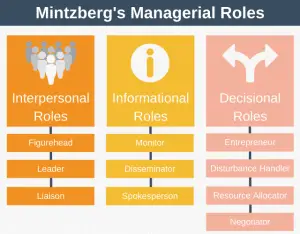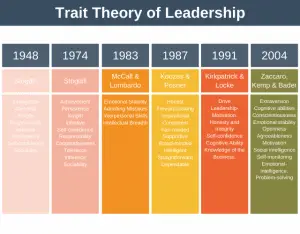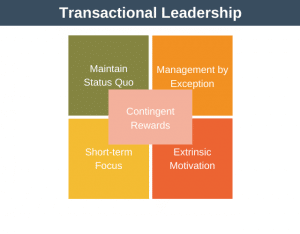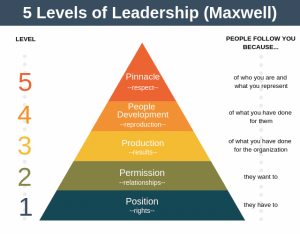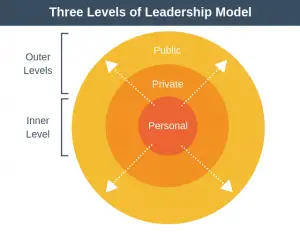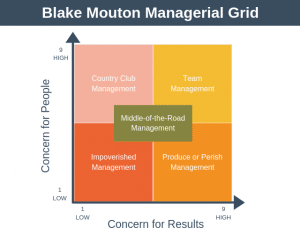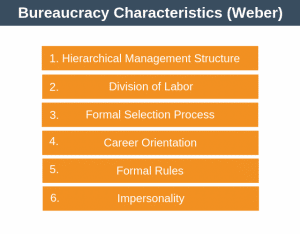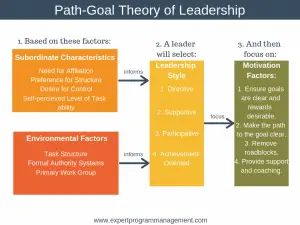The speed of technological advancement is growing at an exponential rate (see Moore’s Law for how this relates to computer hardware). In addition to accelerating technological advancement and complexity, employees are increasingly mobile and staying in the employment of a single employer for less and less time. These two factors combined mean that knowledge management is becoming increasingly important in many organizations, especially those whose success depends on their human capital.
With that, what can be done to stop your critical information disappearning into the breeze when key employees leave?

If your organization deems that retention of know-how is strategically important then it should implement a Knowledge Management (KM) program for key areas within the business. This program won’t just cover the tools used to retain knowledge, but will be an end-to-end program covering all aspects of knowledge management, containing at least the following six steps:
- Identify key employee groups and processes.
- Conduct needs analysis / requirements analysis.
- Investigate knowledge management tools and processes.
- Identify how we measure success.
- Make a recommendation to the board.
- Kick off a series of tactical and strategic projects to implement the approved recommendation.
One point to mention here is that the second step, conducting a needs analysis / requirements analysis, is designed to capture both the top-down and bottom-up requirements. The needs analysis will capture the requirements in an employee-centric manner, whereas the requirements analysis will capture the requirements of the business and be aligned with the organization’s strategic direction.
A classic problem with implementing a knowledge retention program is that it can be difficult to determine if the initiative is having the desired effect, because it is easier to see a problem than it is to see the lack of a problem. Not accurately understanding success could result in a number of problems, including your initiative not been perceived as a success by the board and loosing the board’s backing and funding.
A good knowledge management implementation will focus not just on how information is retained within the organization but also how that information can be disseminated to those it would benefit, helped those people to make better decisions for the business day-to-day.
There are many different tools and processes organizations can use to capture and retain knowledge. Some of the more popular ones are listed below:
- Knowledge Mapping
- Staff Interviews
- Facilitated Discussions
- Focus Groups
- Surveys
- Workplace Observation
- Wikis
- Blogs
- Intranets
- 3rd Party Tools
- Internal Social Media & Collaboration Tools
Conclusion
The most widely used way to retain knowledge within an organization is through the use of a knowledge management strategy. Implementing such a strategy provides a fantastic opportunity to understand how the key parts of your organization operate. By combining a top-down strategy aligned approach with a bottom-up employed aligned approach, a holistic knowledge retention strategy can be created. Finally, it is important to understand what will constitute success in advance of any improvement program being initiated.
* Image by nanagyei
